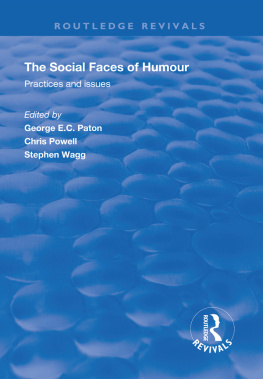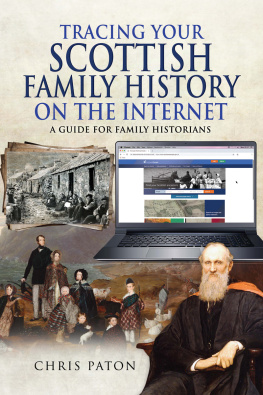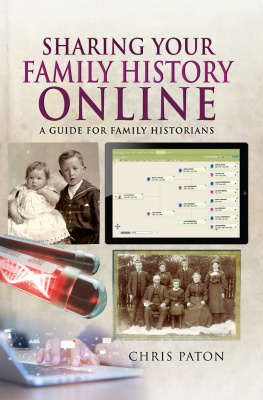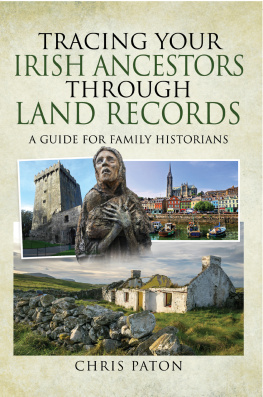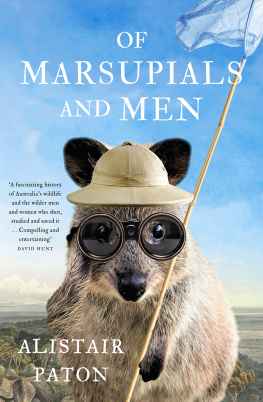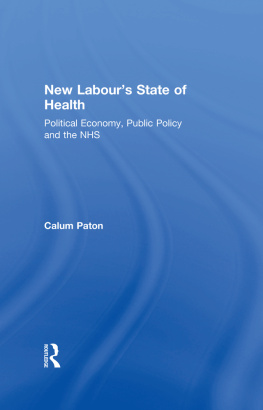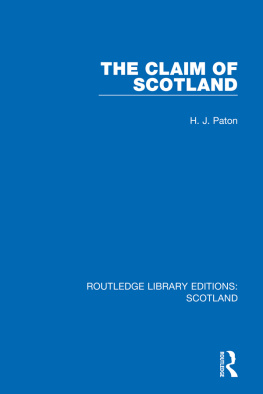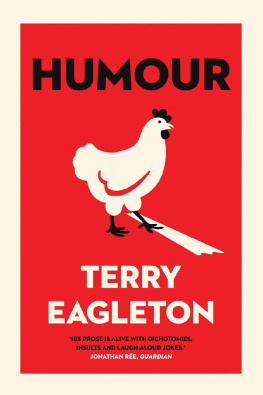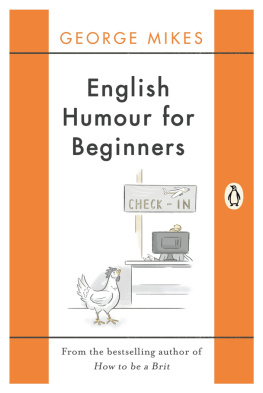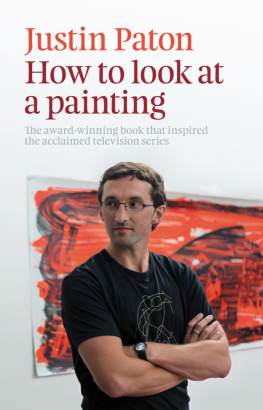Popular Cultural Studies
Series editors: Justin OConnor and Derek Wynne.
Series sub-editor: Maggy Taylor.
The editors are, respectively, Director and Research Director of the Manchester Institute for Popular Culture where this series is based. The Manchester Institute for Popular Culture, at The Manchester Metropolitan University, England, was set up in order to promote theoretical and empirical research in the area of contemporary popular culture, both within the academy and in conjunction with local, national and international agencies. The Institute is a postgraduate research centre engaged in comparative research projects around aspects of consumption and regulation of popular culture in the city. The Institute also runs a number of postgraduate research programmes, with a particular emphasis on ethnographic work. The series intends to reflect all aspects of the Institutes activities including its relationship with interested academics throughout the world. Current theoretical debates within the field of popular culture will be explored within an empirical context. Much of the research is undertaken by young researchers actively involved in their chosen fields of study, allowing an awareness of the issues and an attentiveness to actual developments often lacking in standard academic writings on the subject. The series will also reflect the working methods of the Institute, emphasising a collective research effort and the regular presentation of work-in-progress to the Institutes research seminars. The series hopes, therefore, both to push forward the debates around the regulation and consumption of popular culture, urban regeneration and postmodern social theory whilst introducing an ethnographic and contextual basis for such debates.
First published 1996 by Ashgate Publishing
Reissued 2018 by Routledge
2 Park Square, Milton Park, Abingdon, Oxon, OX14 4RN
52 Vanderbilt Avenue, New York, NY 10017
Routledge is an imprint of the Taylor & Francis Group, an informa business
Copyright George E.C. Paton, Chris Powell, Stephen Wagg and individual contributors 1996
All rights reserved. No part of this book may be reprinted or reproduced or utilised in any form or by any electronic, mechanical, or other means, now known or hereafter invented, including photocopying and recording, or in any information storage or retrieval system, without permission in writing from the publishers.
Notice:
Product or corporate names may be trademarks or registered trademarks, and are used only for identification and explanation without intent to infringe.
Publishers Note
The publisher has gone to great lengths to ensure the quality of this reprint but points out that some imperfections in the original copies may be apparent.
Disclaimer
The publisher has made every effort to trace copyright holders and welcomes correspondence from those they have been unable to contact.
A Library of Congress record exists under LC control number:
ISBN 13: 978-1-138-39018-8 (hbk)
ISBN 13: 978-0-429-42347-5 (ebk)
Richard J. Alexander is currently Professor at Vienna University of Economics and Business Administration, where he holds a chair in English for economics and business. He has published several articles on verbal humour and learning English, he is completing a monograph entitled Aspects of English Verbal Humour.
Arthur Asa Berger is Professor of Broadcast and Electronic Communications Arts at San Francisco University. His many articles and books include An Anatomy of Humor and most recently Blind Men and Elephants: Perspectives on Humor (Transaction Publishers, 1995).
Pamela Cotterill is Senior Lecturer in the Sociology Department of Staffordshire University. Her most recent publication is Friendly Relations: Mothers and Their Daughter-in-Laws (Taylor and Francis, London, 1994).
Christie Davies is Professor of Sociology at Reading University. He has written extensively on ethnic humour as a world-wide phenomenon and is author of Ethnic Humor Around the World: A Comparative Analysis (Indiana University Press, 1990).
Jessica Milner Davis is honorary Research Associate at the School of Theatre and Film Studies, University of New South Wales, Australia. Her varied interests in humour centre on the social uses of comedy, farce and comic style. She is author of the book Farce (Methuen, London, 1978).
Richard J. Ellis teaches in the Department of English and Media Studies at the Nottingham Trent University. His interests in humour primarily flow from his work on Rabelais and the writings of Mark Twain. His most recent article in this domain, Huck Finns Dangerous Language, appeared in Over Here , Vol.14 (1994), pp.318.
Ivan L. Filby is Lecturer in Business Studies at the University of Dublin, Trinity College. His main research interests centre on organizational culture, industrial relations and the Tourism Industry.
Stephen Hester currently lectures in the School of Sociology and Social Policy, University of Wales, Bangor. His research interests are ethnomethodology and conversation analysis; his publications include Deviance in Classrooms (Routledge & Kegan Paul) and A Sociology of Crime (Routledge); current research activity includes studies of interpretive theory and qualitative methods, and the use of membership categories in educational and legal settings.
George E. C. Paton is Lecturer in Sociology at Aston University. He is the co-editor of and contributor to Humour in Society: Resistance and Control (Macmillan, London, 1988); he was President and Co-Chair of the 1995 International Humour Conference held at Aston University, Birmingham.
Chris Powell is Lecturer in Criminology and Social Theory at the University of Wales, Bangor. He is the co-editor of and contributor to Humour in Society: Resistance and Control (Macmillan, London, 1988) and author of a number of articles on social control.
Jason Rutter is a drama graduate from Loughborough University and is now a doctoral student in the sociology department at the University of Salford. There he is studying stand up comedy, its performers and their audiences. He is the founder of the Humour-Research electronic mailing list and the compiler of, Laughlingly Referred To An Interdisciplinary Bibliography of Published Work in the Field of Humour Studies and Research.
Greg Smith teaches Sociology at the University of Salford. He has previously published on cartoons and game show humour. His current research interests lie in the areas of interaction sociology and visual culture. He is author of papers and two forthcoming books on the sociology of Irving Goffman and is co-author of Analyzing Visual Data (with M. Ball; Sage, London, 1992).
Stephen Wagg is a writer and part-time lecturer at Leicester University. He is co-editor, with Dominic Strinati, of Come on Down? Popular Media Culture in Post-War Britain (Routledge, 1992) and editor of Because I Tell a Joke or Two: Comedy, Politics and Social Difference (Routledge, forthcoming). He also writes on sport and childhood.
Ruth Waterhouse is Senior Lecturer in Sociology and Womens Studies in the Sociology Department at Staffordshire University. She has recently published The Inverted Gaze in Scott, S. and Morgan, D. (eds.), Body Matters (Falmer Press, London, 1993).

